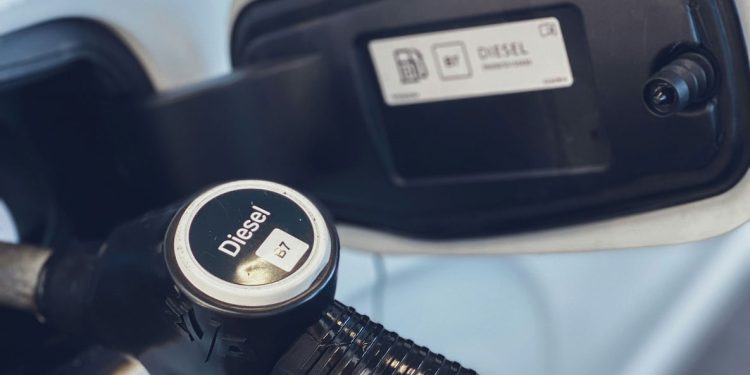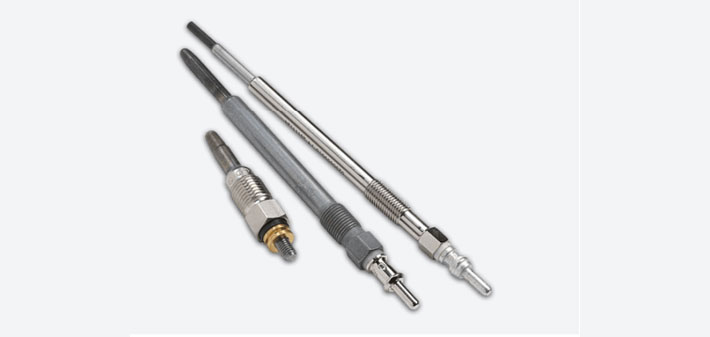The Importance of Regular Maintenance for Diesel Cars in Yorkshire

Despite the growing popularity of electric cars, diesel-engine-propelled cars are still in use, and with over 10 million vehicles, it is rather difficult to imagine the end of such a way of propelling. Diesel engines are known for their durability and reliability, and with proper and regular maintenance, they can serve for many years. There are some necessary steps to ensure safe driving without the constant need for repair. Check out our guide to regular maintenance tasks for the long lifespan of your Yorkshire diesel car.
Check the liquids regularly
Let’s start with some universal tips for all types of vehicle issues that need to be controlled and checked, even though you own a diesel or petrol car. The first step should always be regular observation and checking for possible symptoms of damage or failures. This will make it easier to detect any issues endangering the safety of driving or shortening the lifespan of the engine and other important parts.
One of the most crucial tasks for all car owners is the regular checking of fluids. It is best to start with one of the most important types of fluids: engine oil, which should be checked every few hundred miles or at least once a month. The replacement depends on the recommendation of the car manufacturer; typically, it is every 5,000 to 10,000 miles. Without the oil, the engine parts are not lubricated, which can lead to engine failure.
Coolant should be checked monthly or before long trips, and every 2 to 5 years, it must be replaced. Without the coolant, the engine will heat up to too high a temperature. It is important not to forget about other fluid types, such as transmission fluids, which should be replaced every 30,000 to 60,000 miles, power steering fluid, brake fluid, AdBlue, or windshield washer fluid for safe driving.
As each vehicle is different and is used in different conditions and for various distances, it is recommended to check the manufacturer’s recommendations and to keep track of each replacement so as not to miss any of them.
Look under the bonnet
Proper and constant maintenance of various car systems can help you detect any failures quickly, which is crucial for safe driving.
Air filters need to be checked regularly to allow the optimal amount of air to reach the engine for efficient combustion and to prevent damage. You will always notice if they need replacement, with a lower power of the engine or black smoke from the exhaust pipe, or you can simply conduct it every 15,000 to 30,000 miles.
Diesel cars may get dirtier inside than gasoline-propelled vehicles, which brings the need for professional fuel system cleaning. It is best to remember the process every 30,000 to 60,000 miles. The process is crucial for the removal of deposits and maintenance of feudal injectors. In consequence, drivers may expect better fuel economy and engine performance.
Glow Plugs picture taken from onlinecarparts.co.uk
In colder climates or the winter season, one of the greatest car parts ensuing cold start and efficient combustion is the glow plug. The main job of glow plugs is to warm up the engine before start. Although the service life of this component varies, most of the producers recommend replacing the glow plugs approximately every 100,000 km. If you experience difficulties starting the engine or you observe white exhaust gas, you may assume the failure of glow plugs. The failure can be diagnosed by yourself; check their location in the car manufacturer’s manual.
Replace Parts When Needed
There’ll be times when specific parts of your car aren’t working the way they should be. If not dealt with, this could snowball and impact the rest of your car. While taking it to the mechanic is a part of this, you could always try to replace these parts yourself. Many of them are quick and easy to do.
You’ll need to know where to get these replacement parts first, which should be easy, like with Vitesse Land Rover parts. It shouldn’t be too complicated.
Why is maintenance important?
A few reasons explain the importance of regular maintenance on diesel cars. When the components are in top condition, your car will present optimal performance with smooth acceleration and efficient combustion.
Nobody likes to pay more than they should, which means the maintenance of diesel engines should be of top priority, as they will be more efficient and consume less fuel. The engine working properly will also have a longer lifespan, making other car parts less likely to be worn out or damaged.
Last but not least, a well-maintained diesel car will contribute to a lower emission of gases, resulting in cleaner and greener driving.










